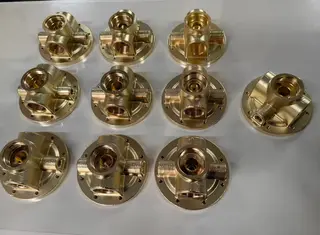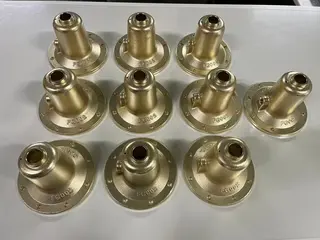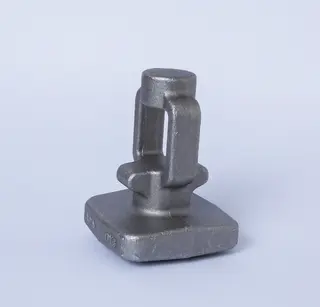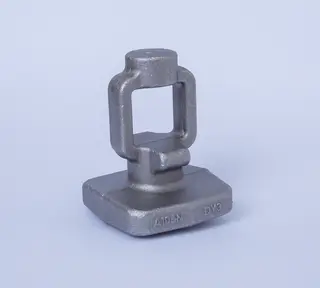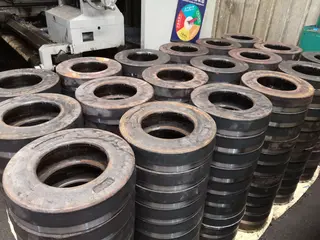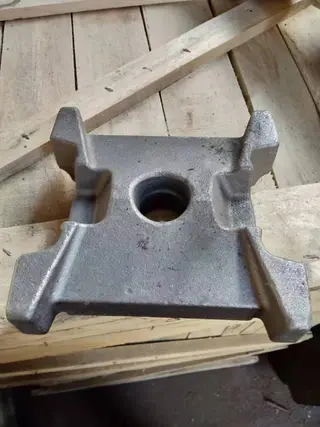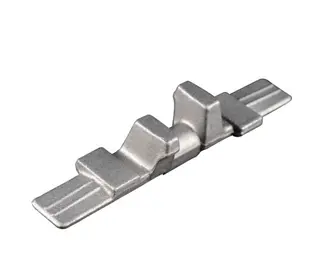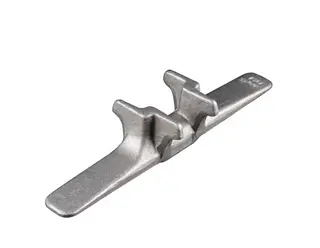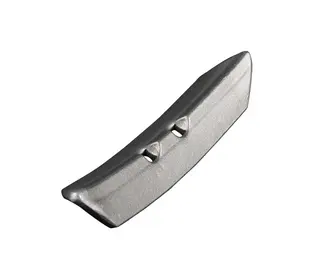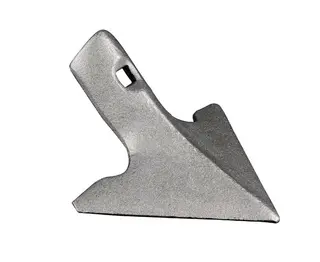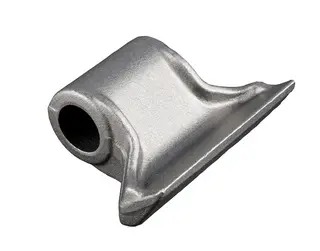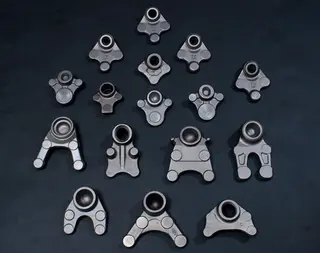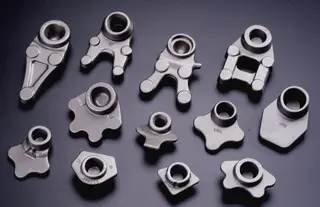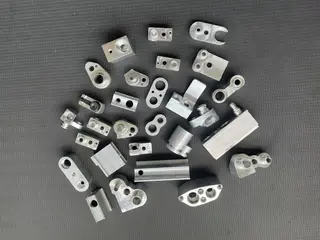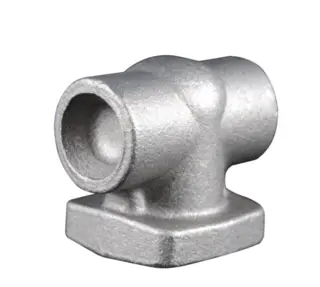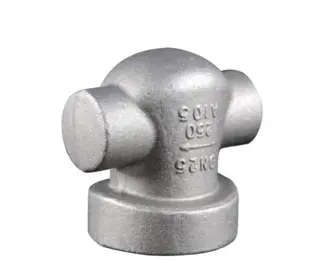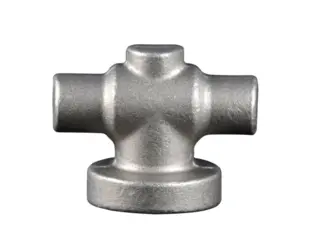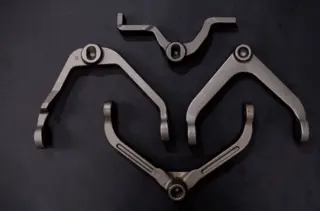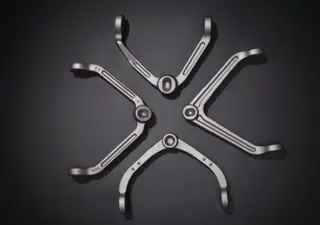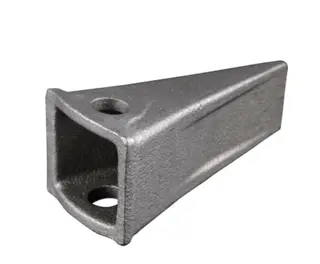Hot forging, also called drop forging, is a process to produce a wide variety of most metal parts. Hot forging process is developed since the last century, but with the development of equipment, lubricants, and forging ability, modern hot forging process is able to make more complex shapes with more materials since that time. The basic procedure for hot forging is relatively simple. Metal bar or billet is first heated into the hot working temperature range to improve ductility. Then the material is squeezed or hammered in a series of tool steel dies to deform the billet into the finished shape. Flash casused by excess material after forging is exsited, so the final step is to remove the flash to yield the finished forged part. Hot forging is a near net shape process, but some forgings may require some subsequent machining, in particular for surfaces that may affect the final assembly of a product.
Ball Joint Housing forging,Tie Rod End,Automobile suspension system spare parts
Ball Joint Housing forging,Tie Rod End,Automobile suspension system spare parts
Aluminum forging is a process that involves shaping aluminum using compressive forces applied through dies or molds. The process is used to create a wide range of parts and components used in various industries, including aerospace, automotive, construction, and more. Aluminum forgings are valued for their high strength-to-weight ratio, corrosion resistance, and excellent thermal conductivity, making them ideal for use in many applications.

